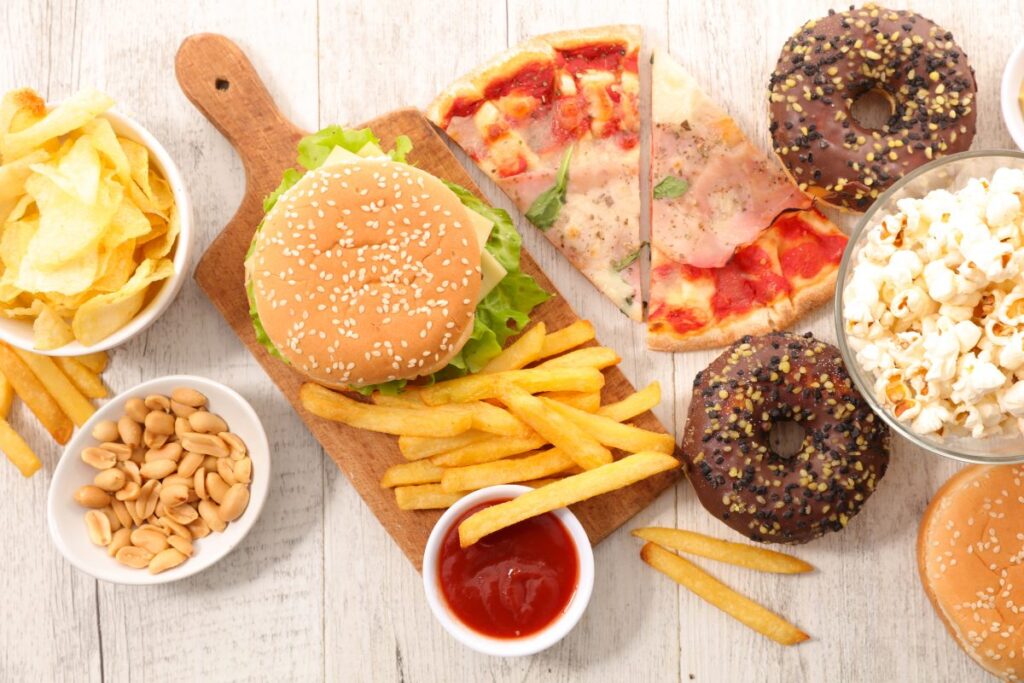
Trans fat levels in Indians’ food are to be reduced according to new Food Safety and Standards Authority of India (FSSAI) rules.
The move comes amidst years of FSSAI efforts seeking to reduce trans fats levels in Indians’ food to such a degree that the country is effectively a trans fat-free nation in alignment with global targets. The FSSAI has actually announced in the past ambitions to effectively rid India of trans fats by 2022. In 2019, then-chief executive officer of FSSAI Pawan Agarwal said “we aim to reduce the industrially produced trans fatty acids to less than two percent by the year 2022 in a phased manner. This is in line with our objective to get freedom from trans fats.”
The new rules address one of India’s most pressing health challenges: heart disease. According to the World Health Organization (WHO), “increased intake of trans fat (>one percent of total energy intake) is associated with increased risk of coronary heart disease mortality and events. Trans fat intake is responsible for approximately 500,000 premature deaths from coronary heart disease each year around the world.” India loses 1.7 million lives to heart disease yearly. In 2016, heart disease accounted for more deaths than any other condition.
Eliminating trans fats by 2023 is a goal of the WHO. “Our goal of eliminating trans fats by 2023 must not be delayed,” said WHO Director-General Dr Tedros Adhanom Ghebreyesus last year. “Countries are looking for best buys in public health,” added Dr Tom Frieden, president and chief executive officer of Resolve to Save Lives. “Making food trans fat-free, saves lives and saves money, and, by preventing heart attacks, reduces the burden on health care facilities.”
The COVID-19 pandemic offers heightened urgency to ‘best buys’ to improve public health. As Tedros acknowledged last year, “in a time when the whole world is fighting the COVID-19 pandemic, we must make every effort to protect people’s health. That must include taking all steps possible to prevent noncommunicable diseases that can make them more susceptible to the coronavirus, and cause premature death.”
The decision by the FSSAI has been welcomed along similar lines. “The FSSAI rule comes at the time of a pandemic where the burden of noncommunicable diseases has risen,” said Ashim Sanyal, Chief Operating Officer of Consumer VOICE. ,“Cardiovascular diseases along with diabetes are proving fatal for COVID-19 patients. Hopefully, FSSAI will address this as well before January 2022 to eliminate chemical trans fatty acids from the Indian platter.”

